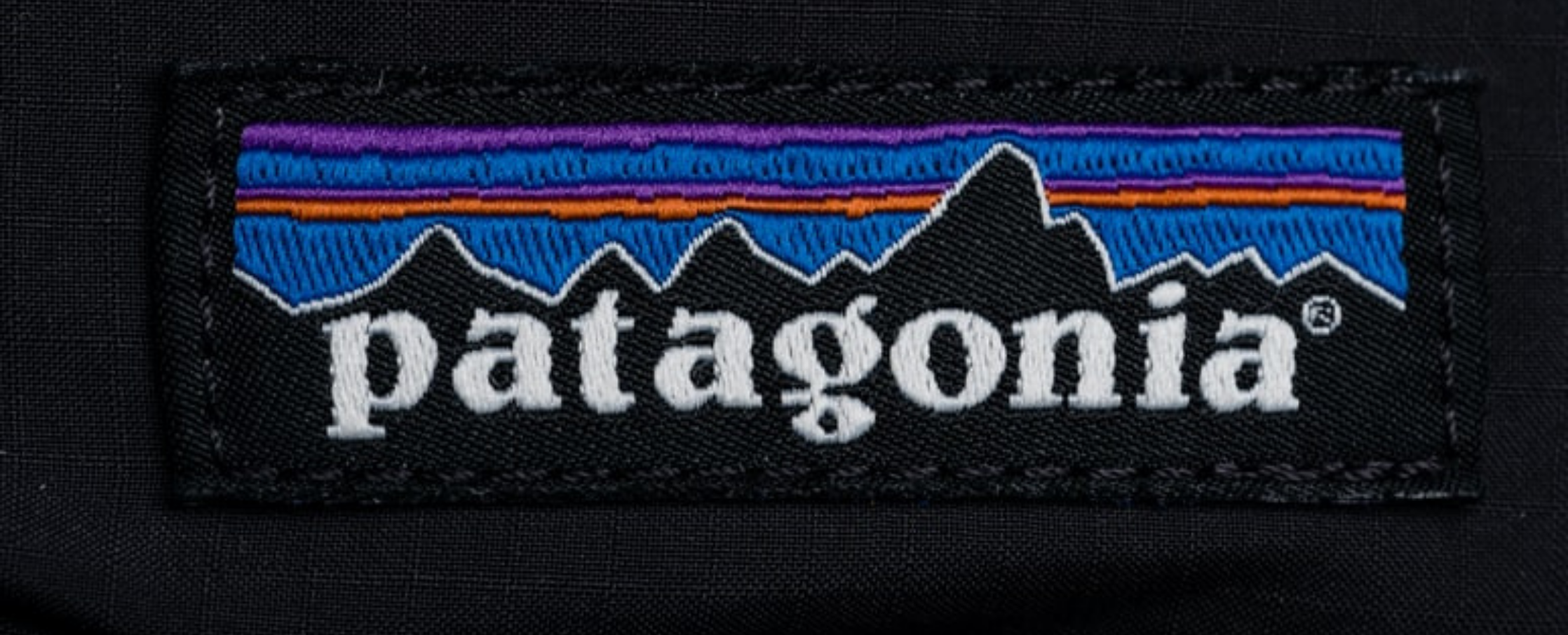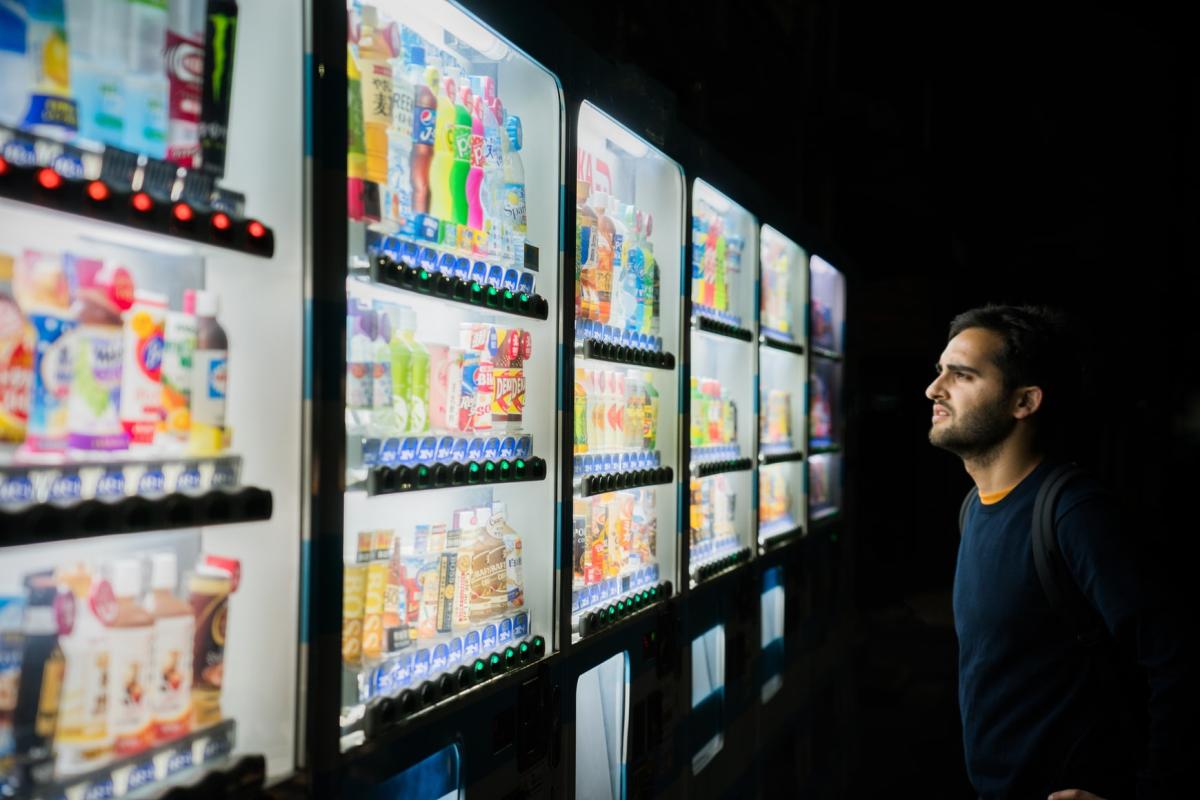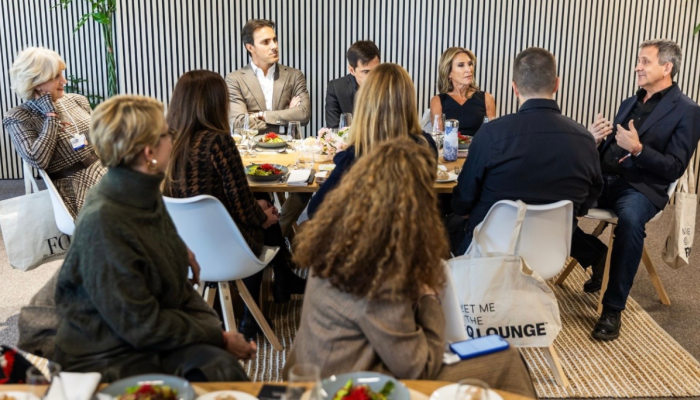The boom of digital and a global pandemic have accelerated the speed of change, asking brands to find solutions quickly.
But, in a time where the focus is on innovation, technology, new tools and new solutions, sometimes we forget that the pandemic has just accelerated trends that existed for a long time. Although we might feel inexperienced in the face of new challenges, the answers might be simpler than you think.
Differentiation is probably the key struggle for brands today. With the pandemic forcing most companies to improve their online presence, and with consumers having immense product choice, it’s mandatory for brands to stand out. Bear in mind that Amazon has over 12 million items available to purchase. To this number we can add all the products sold on the Amazon marketplace; a total of 353 million products, on one single platform.

With these numbers in mind, it’s easier to understand the scale of the challenge. However, brands have always needed to differentiate. They always needed to stand out in a supermarket; the shelf now is just much bigger and more crowded. In this environment, we think brands should be braver and own who they are. They should not fear being specific in their messaging or showcasing their benefits.
By understanding and targeting your messages to a specific audience, you can create cut through. There are always going to be people who aren’t going to pick you; but you will stand out to your target audience. Having a consistent communication, which reflects your brand identity, is going to help you more than trying to appeal to as many people as you can. In a time where people on average are exposed to 4,000-10,000 ads per day, with less than 100 creating any awareness at all, making a lasting impact requires you to be as clear and specific as possible.
Patagonia, for example, never compromised on their messaging. Their life-long goal of making the world better is now very popular, but it hasn’t always been this way. They were founded in 1973, when sustainability and being environmentally friendly wasn’t at all a priority for brands or consumers. Now Patagonia is one of the clearest and most coherent brands. They built distinctiveness by focusing on one thing. They have an extremely recognisable brand and philosophy which is the result of being true to their values.

People’s consumption habits have also changed, they’re now less loyal to one brand and are more interested in trying new ones. With countless options available, shoppers compare products much more than before. And one of the elements they’re always going to consider is price. With price comparison being so predominant, brands need to communicate clear benefits to motivate a certain price and convince consumers that it’s worth paying for.
Our recommendation for this is to include Willingness to Pay (WTP) as a key KPI. This metric evaluates the price premium a consumer is willing to pay for a product or service from a certain brand. Brands need to keep track of what people would or would not pay for their own and competitor brands, but they also need to understand how to build WTP. What benefits are you offering? Focusing on the specific benefits will again ensure your distinctiveness and your ability to charge more.
Another challenge that comes from the shift in consumer experience to digital – but is not often talked about - is how value chains affect brands. Consumers are not aware of the value chain when they order something online. They don’t know who is responsible for what in the delivery process. Whenever a purchase is made online – whether it’s through retailer or even in the food industry with brands like Deliveroo – there isn’t just one company involved in the process. However, the perception of the “front-facing” brand will be affected if the chain isn’t working smoothly.
So, brands need to have control of these new channels. There is a rising need for co-branding and learning how to work together in a new landscape to satisfy consumers’ expectations. This is an almost unexplored territory, and it will open new opportunities for those that can do it right.
In times of uncertainty, focus on what’s certain. People. If you switch off your business brain and turn on your human mind you will find the simple answers that you need to face even the challenges that seem insurmountable.



